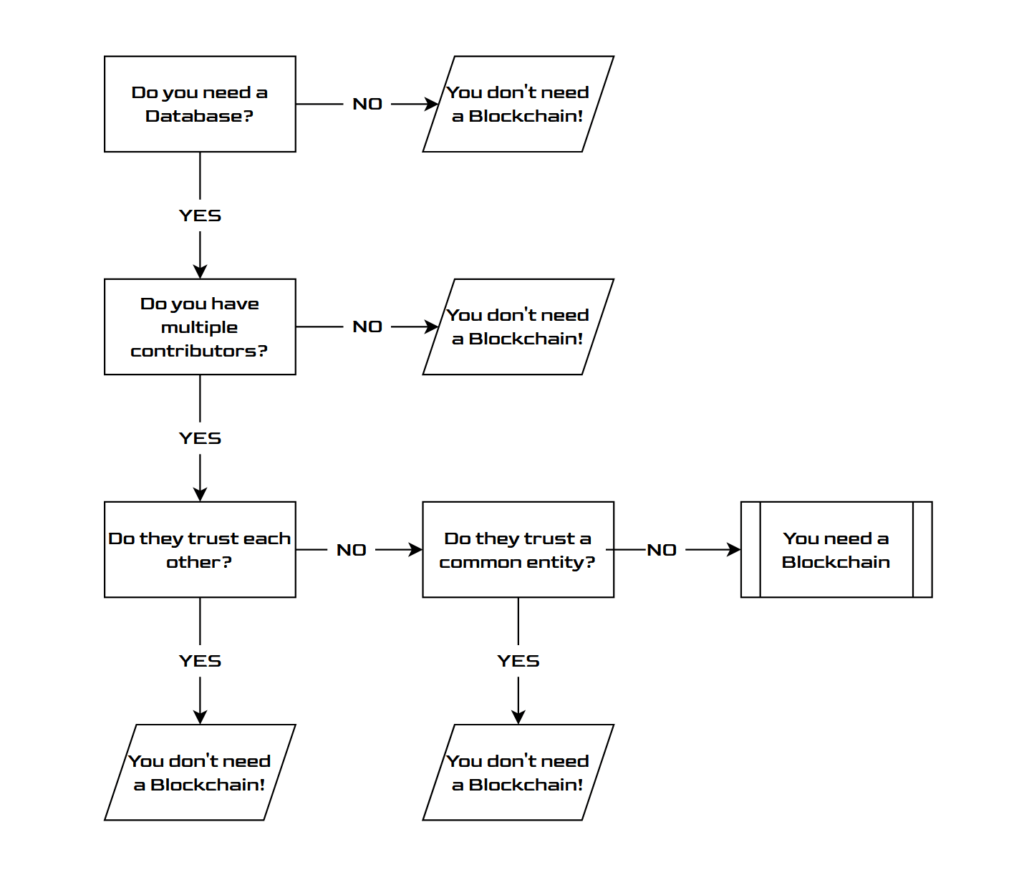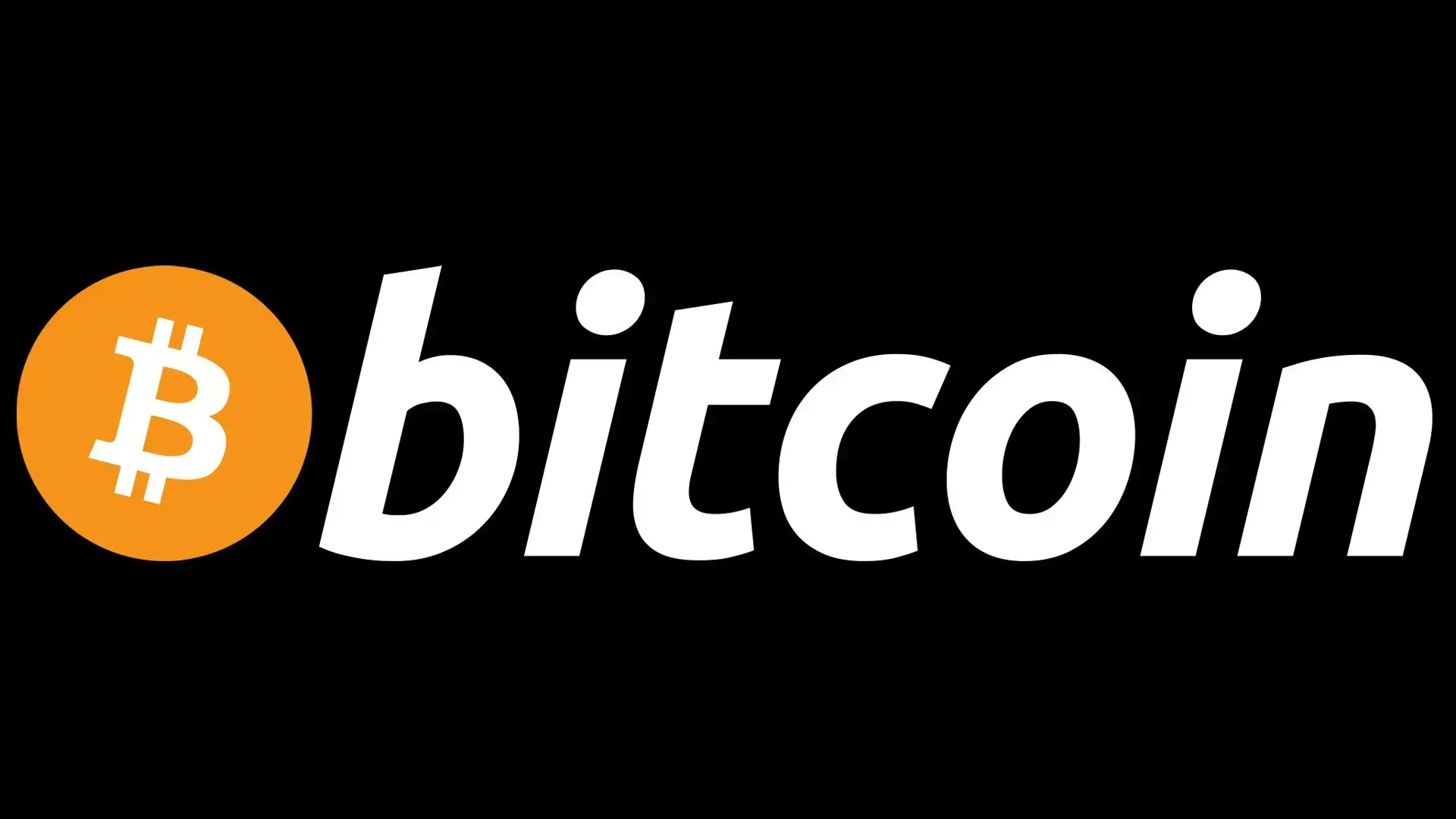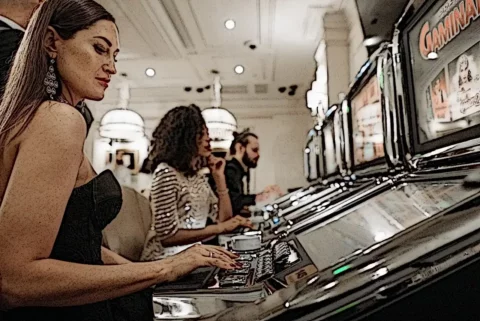Blockchain is a buzzword to most people and very few know its real use case or understand the underlying technology. Many people do not even know what problem a blockchain solves. Even fewer people know the problem exists in the first place.
Since the inception of bitcoin, hoards of developers, companies and projects have jumped on the blockchain bandwagon. IBM even dedicated a department to blockchain technology which they subsequently shut down.
What is a Blockchain
A blockchain is a permissionless decentralised distributed ledger. It is a mechanism designed to transport and store messages without the approval or interaction of a third party. You can view it in its simplest form as a public database that anyone can interact with. There are rules governing the interaction. More importantly, the system itself monitors and enforces these rules. Everyone (more than 51%) has to agree to change the rules.
The Byzantine Generals Problem
We have a problem in computing described as “The Byzantine Generals Problem”. Developers and software engineers have been trying to solve this problem since the inception of computer technologies. In summary, this problem refers to the ability to send messages over a network and have 100% certainty that the intact message is received by the recipient.
In other words, a guarantee that the message is sent, transported and received and that none of the data contained in the message has been altered. Satoshi Nakamoto solved this problem through a core component of the bitcoin protocol called a blockchain.
Proof-of-Work
We use POW or “proof of work” as the consensus mechanism for the bitcoin blockchain. There are many consensus mechanisms in operation. Engineers have also proposed many other consensus mechanisms. No one has been able to prove any of these suggestions are as reliable as proof-of-work-based protocols.
Detractors argue that this approach is not friendly to the environment due to high electricity demands. However, they forget or neglect to take into account the technological advances made as a result of these electricity demands. They also do not compare this to the energy requirements of the traditional finance industry.
When Do You Need a Blockchain (and When You Don’t)
You most likely do NOT need a blockchain. Very few applications require a blockchain and the technology is still very much in its infancy. Many consultants and salespeople will try to sell you the benefits of a blockchain. However, a well-implemented database is almost always a more economical solution to your requirement.
Use this handy flowchart below to quickly decide whether or not you need a blockchain.

Bitcoin Blockchain
The Father of blockchain technology is Satoshi Nakamoto, the person, group or entity behind the creation of Bitcoin. He invented the first successful autonomous distributed ledger protocol. It has been running since 2009 with Zero downtime and Zero security breaches.
Many companies, projects and organisations have created blockchains for a multitude of reasons. However, only a few have had some luck in solving real-world problems, but none as important as Bitcoin.
Developers have made an interesting case for the use of this exciting technology in the gaming industry. It allows for the possibility to have real ownership of in-game assets. Consequently, owners of these assets can withdraw them from a gaming platform. Moreover, they can also trade them on secondary markets. NFTs are an example of one such proposal.
Summary
- You only need a blockchain if you have an absolute need for decentralised control of data
- We can solve almost all real-world use cases with a distributed ledger, except for real sovereign digital money
- Blockchains are costly to operate, which is part of the reason it is secure
Share your thoughts with us in the comments below!







